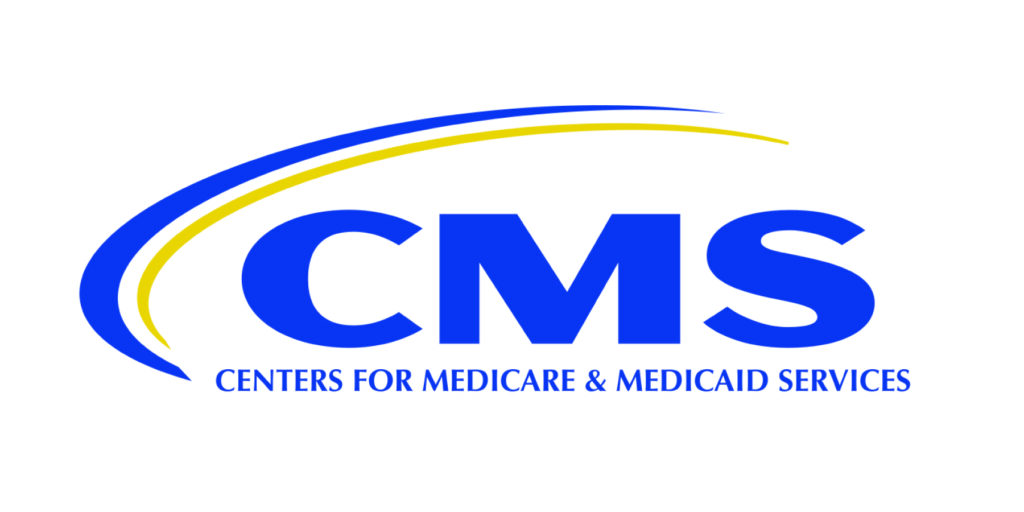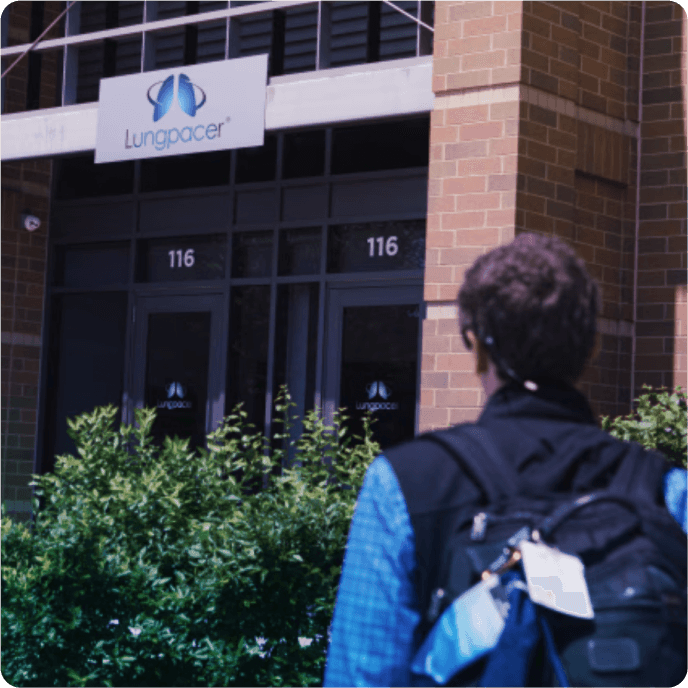AeroPace Activates the Diaphragm to Enable Independent Breathing and Improve Ventilator Weaning
The AeroPace temporary transvenous diaphragm neurostimulation system stimulates the phrenic nerves that control the diaphragm using an intuitive catheter-based approach that fits seamlessly into existing critical care workflows.




